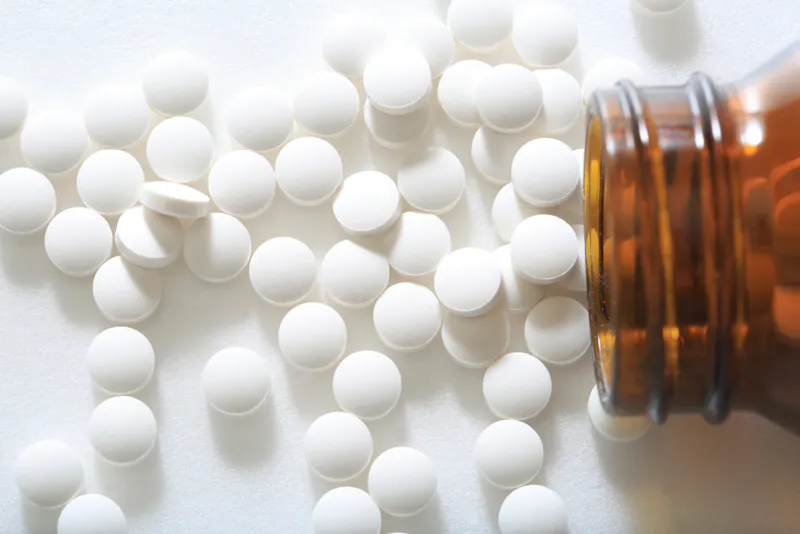What is gamma GT?
What's covered?



Gamma-glutamyl transferase (GGT) is an enzyme (a protein that enables chemical reactions to happen in your body) found mainly in the liver, although it’s found throughout your body. It helps your liver to break down drugs and other toxins.
What’s a GGT blood test?
A GGT blood test measures the levels of GGT in the blood. You can check your GGT levels as part of a liver blood test.
A GGT blood test is useful for checking for bile duct or liver damage — particularly related to alcohol use. This is because GGT might leak into your bloodstream if these organs are damaged.
Knowing that a GGT test alone can't diagnose a liver condition is important. It’s usually measured alongside other health markers, like albumin, bilirubin, and alkaline phosphatase (another enzyme in your liver and bones). When reviewing your results, your GP will consider previous and additional blood tests, your medical history, and your lifestyle. But a GGT test can help healthcare professionals with their investigations to help find the cause.
Your GP might recommend a liver blood test if you have symptoms of liver disease. These include:
- tiredness
- nausea and vomiting
- irritability and confusion
- yellowing of your skin and eyes (jaundice)
- itchy skin
- abdominal pain
How to prepare for a GGT blood test
Drinking lots of water the night before and on the morning of your blood test is essential. This helps your blood to flow more easily. You should also fast (not eat) for 8 hours beforehand to get the most accurate results.
What’s the normal range for GGT?
The normal range can vary from lab to lab and depends on your age and sex assigned at birth.
One common reference range for GGT is 0-71 IU/L.
What causes high serum GGT levels?
High levels of GGT don’t cause diseases or disorders directly, but it is a sign of cellular damage. Some studies suggest that high GGT levels in the blood might increase your risk of cardiovascular disease (CVD) — like heart disease, stroke, arrhythmia, heart attacks, and heart failure.
Being older and other lifestyle factors can increase your risk of having higher GGT levels too, including:
- smoking
- obesity
- being physically inactive
- not eating enough fruit and vegetables
- eating high amounts of processed and red meat
- drinking lots of alcohol — even small amounts of alcohol consumed within 24 hours of a GGT test can increase your levels
How to improve your GGT levels
Knowing what’s causing your high GGT levels is the first step to improving them. Your GP can advise the best treatment plan if necessary.
The good news is, there are many ways to prevent and reduce your risk of further damage to your liver by:
- losing weight if you’re overweight — your GP can help you do this safely
- stopping smoking
- reducing how much alcohol you drink or stopping altogether
- following a balanced, healthy diet — like eating plenty of fruit and vegetables, whole grains and legumes, and lean sources of protein
Ho, F. K., Ferguson, L. D., Celis-Morales, C. A., Gray, S. R., Forrest, E., Alazawi, W., ... & Sattar, N. (2022). Association of gamma-glutamyltransferase levels with total mortality, liver-related and cardiovascular outcomes: A prospective cohort study in the UK Biobank. EClinicalMedicine, 48, 101435.
Perdomo, C. M., Frühbeck, G., & Escalada, J. (2019). Impact of Nutritional Changes on Nonalcoholic Fatty Liver Disease. Nutrients, 11(3), 677. https://doi.org/10.3390/nu11030677